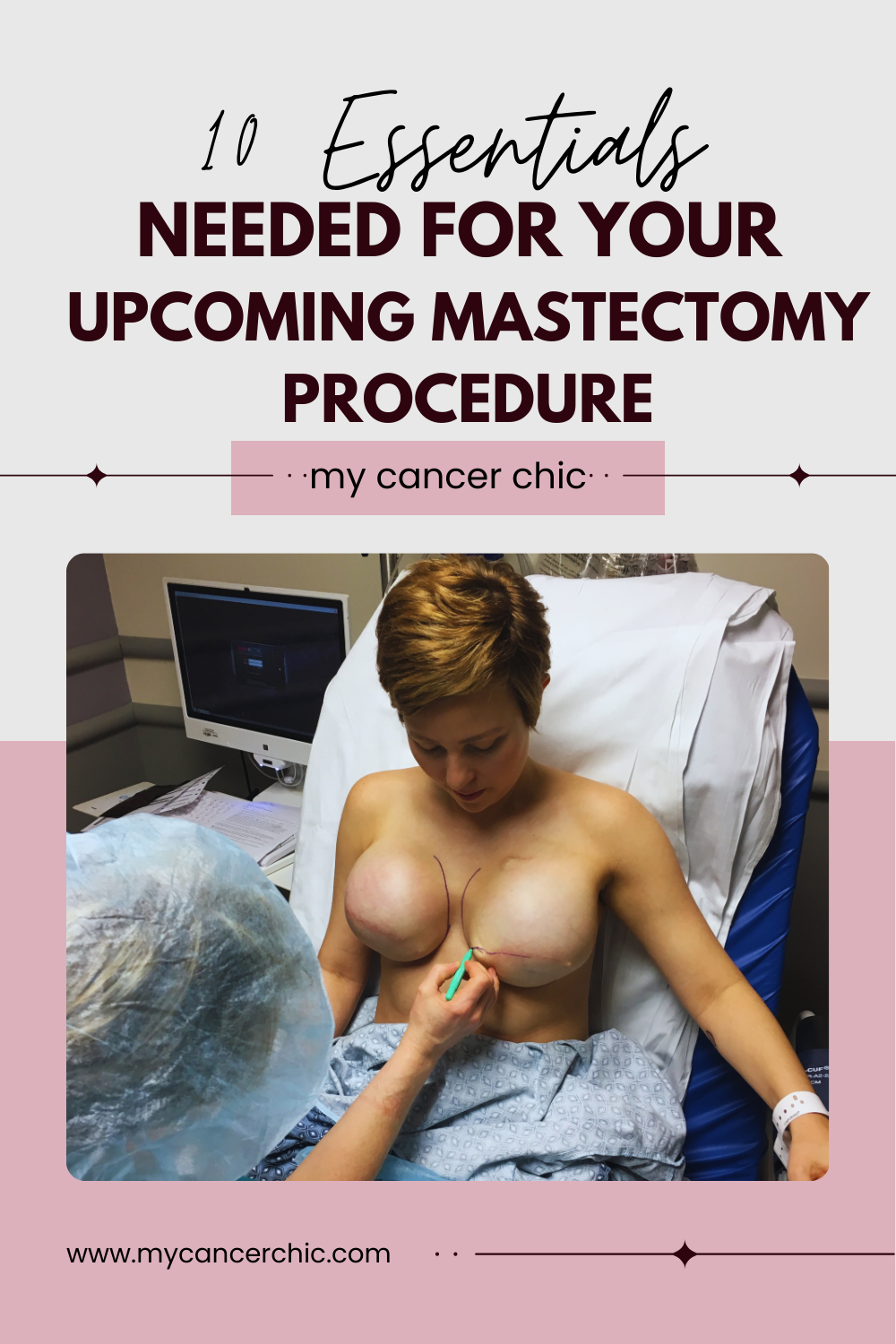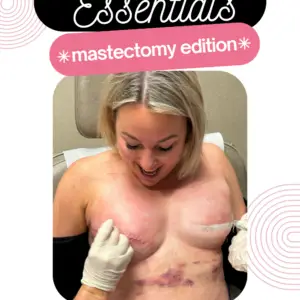If you’ve just had a mastectomy or are preparing for one, let me start by saying this: you are not alone. I was 27 when I was diagnosed with triple-positive breast cancer and had each of my breasts removed in two separate mastectomy surgeries. Your breast cancer surgery and recovery will be personal, emotional, and, at times, traumatic—but you are strong and will get through this day by day, even when it doesn’t feel like it. Recovery takes time, patience, and a whole lot of self-love. I want to hold your hand through this process, sharing some gentle guidance to help you heal physically and emotionally. I hope these practical and effective tips help you recover from breast cancer surgery faster and with more emotional well-being.
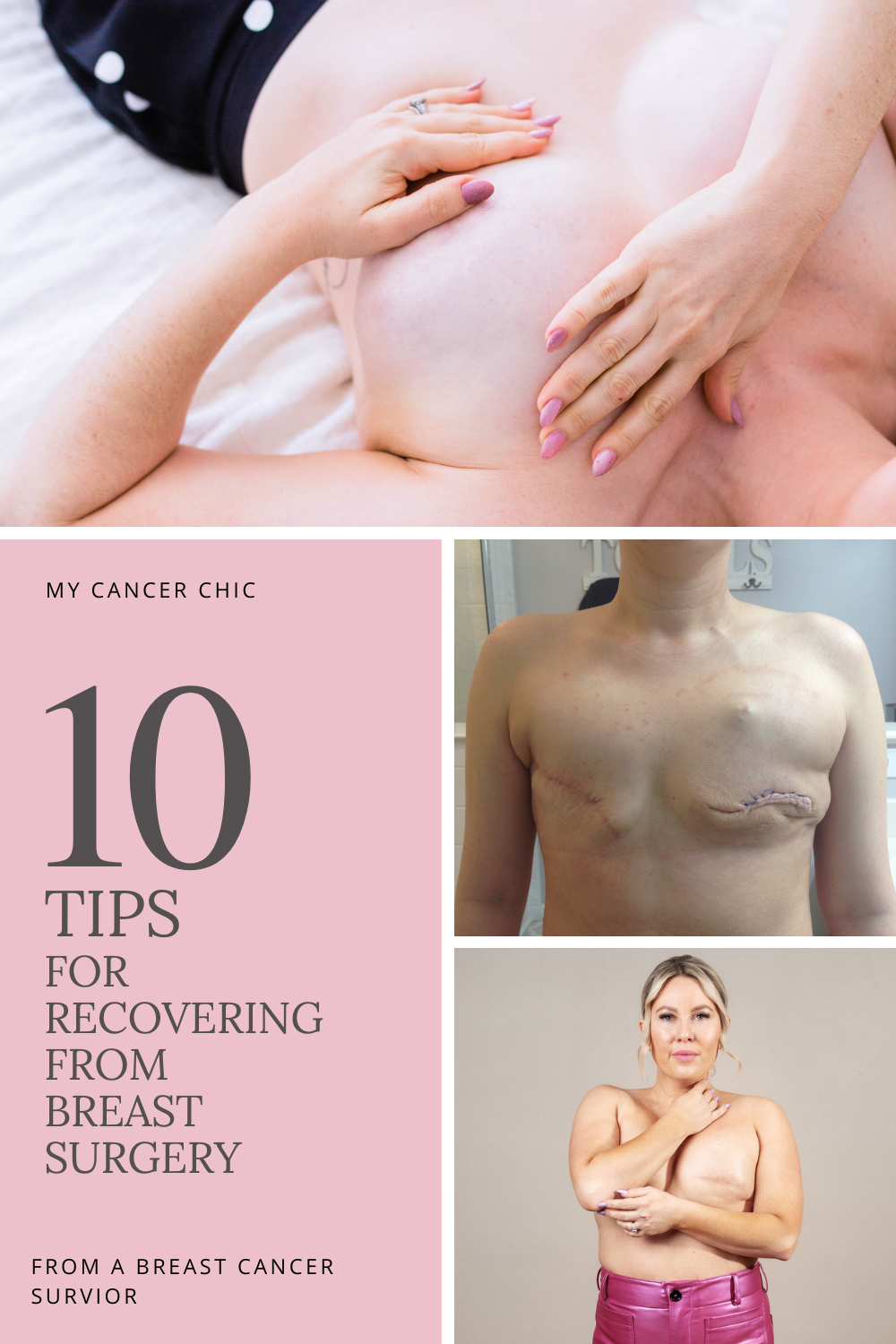
10 Breast Cancer Surgery Recovery Tips
1. Create a Cozy Recovery Nest
Before your surgery, take a moment to set up a little sanctuary for yourself. Whether it’s your bed, a recliner, or a cozy chair, make it a space where you’ll feel safe and comfortable. Your movement will be restricted and likely painful so plan your sleeping arrangement with some height and an easy way to reach meds and water without moving. Keep pillows to prop yourself up, blankets for warmth, and essentials like water, snacks, and your phone within arm’s reach. This will be your safe haven for the first few weeks. If you have two stories in your home, you may want to set up a downstairs and upstairs recovery haven’t.
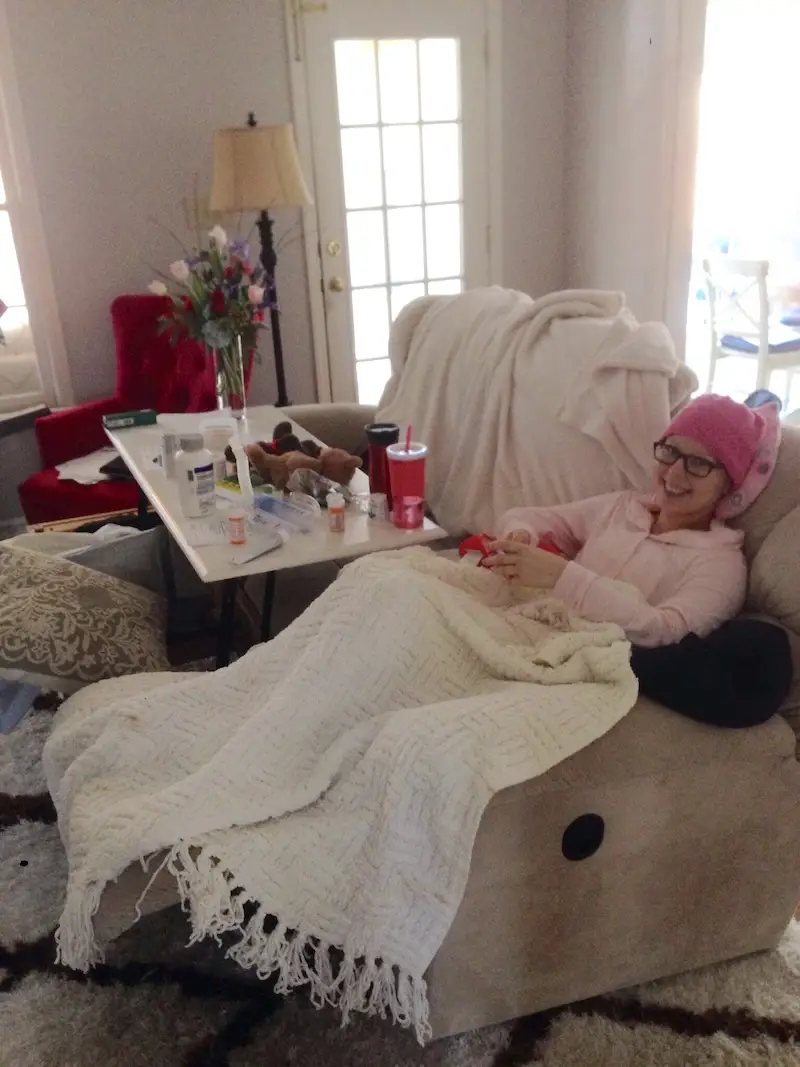
2. Don’t Be Afraid of the Drains
JP drains can seem intimidating at first, but surgical drains are there to help your body heal. They ensure that fluid that needs to get out of your body gets out and doesn’t stay in your body causing issues. Your medical team will walk you through how to care for them—take it one step at a time. A lanyard or specialized pouch can help keep them secure and out of the way. Keeping them secured and not pulling will also reduce any pain associated with the drain entry site. Remember, this is temporary, and when the drains come out you are going to feel like a new person!
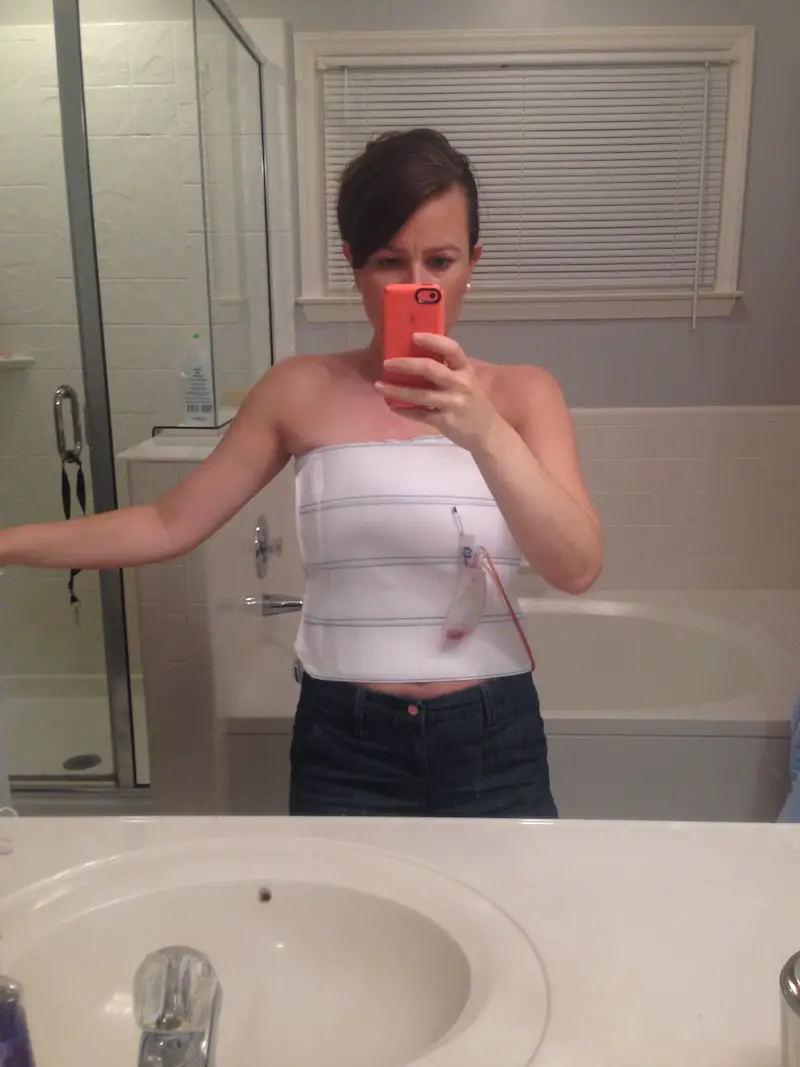
3. Listen to Your Body About Pain
It’s okay to ask for help managing your pain. Whether it’s medication, ice packs, or just finding the right position to sit or sleep in, be kind to yourself. Pain is part of healing, but it doesn’t have to overwhelm you. Always stay ahead of the pain! Skipping pain pills or trying to be “strong” will only set you back in terms of healing. Speak up if you’re uncomfortable—your comfort matters, and everyone’s pain tolerance is different.
4. Choose Clothing That Hugs You Gently
Button-up shirts, loose-fitting tops, and soft fabrics will be your best friends for a while. Getting dressed might feel like a small victory some days, and that’s okay. Each step forward is progress, no matter how small it feels. I lived in loose lounge sets with button-up tops and comfy PJs following my mastectomy and subsequent reconstruction surgeries. See more recommendations in my Mastectomy Preparation Guide
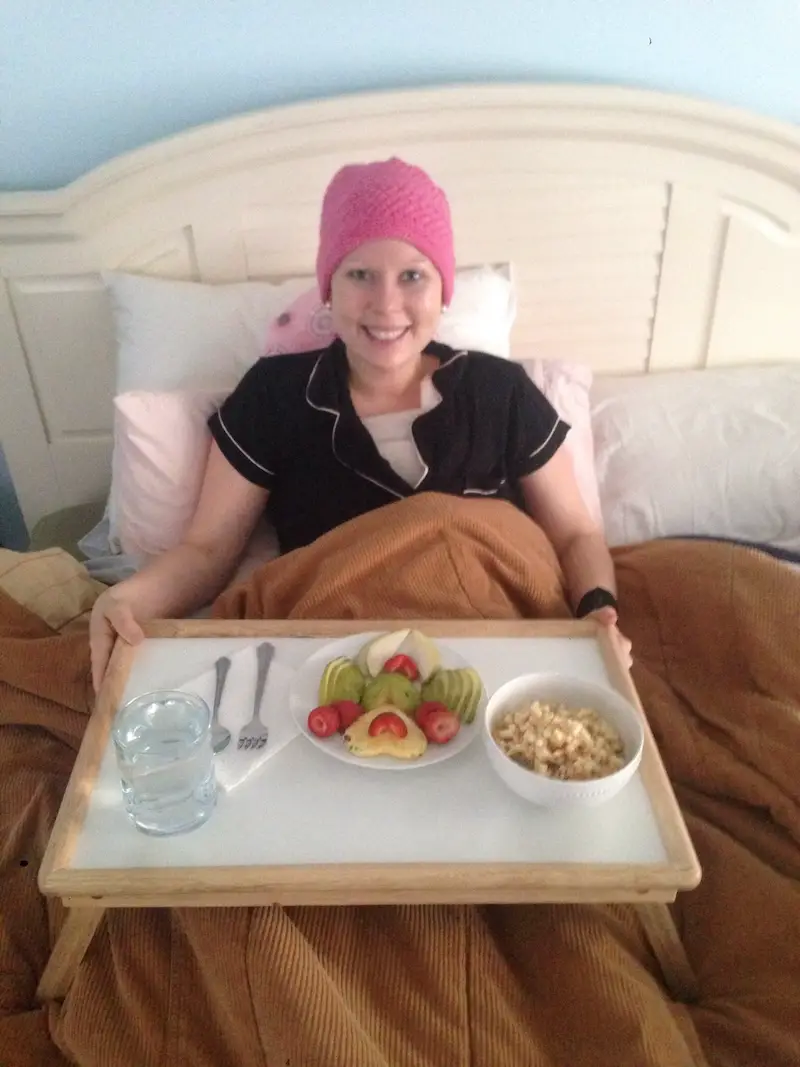
Shop all of my surgery recovery & preparation essentials
This blog post has more details on “How to Prepare for Fat Grafting“.
5. Let People Help You
I know it can be hard to ask for or accept help, but you don’t have to do this alone. Let your loved ones lend a hand—whether it’s making meals, folding laundry, taking care of your kids or just sitting with you when you need company. Leaning on others doesn’t make you weak; it’s an act of courage to let people show up for you. Also having someone else change those annoying drains is the best gift ever!
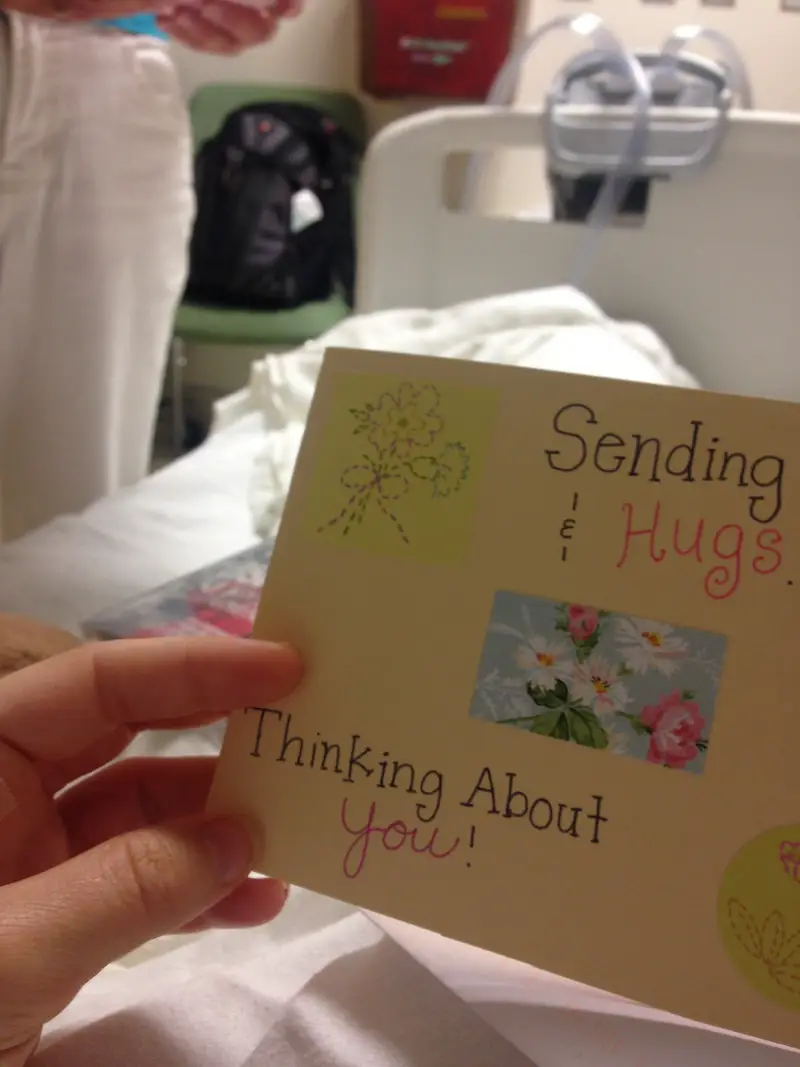
6. Move Gently When You’re Ready
Your body is healing, and gentle movement—like short walks or walking around the house—can work wonders for your circulation and energy. Your doctor or physical therapist might also suggest stretches or exercises to help with stiffness and mobility. Listen to your body and take it slow especially during your restrictions. With time you can address the range of movement challenges with a physical therapist of mastectomy specialist..
7. Give Yourself Space to Feel
Recovery isn’t just about your body; it’s about your heart too. There will be days when emotions hit hard—sadness, frustration, even grief. Let yourself feel them. Talk to someone you trust, join a support group, or write in a journal. I deeply relied on my therapist through my mastectomy recovery and cancer treatment. Whatever helps you process, do it without judgment. Healing your heart is just as important as healing your body.
8. Nourish Yourself With Love
Food might not feel like a priority, but eating well can make such a difference in how you feel. Small, nutritious meals with fruits, veggies, and lean proteins can give your body the fuel it needs to heal. I love protein shakes after surgery as well. It’s a great way to get protein and ensure you don’t take meds on an empty stomach even if you’re not hungry. Remember medicine can disguise hunder signs. Don’t forget to drink water— it helps with healing.
9. Be Gentle With Your Expectations
This is a marathon, not a sprint. Some days you’ll feel strong, and other days you might feel like you’ve taken a step back. Two steps forward, one step back is progress was my mantra. Healing isn’t linear, and there’s no “right” way to recover. Celebrate the small victories, and remind yourself that it’s okay to rest when you need to. After my last surgery I needed to sleep most of the afternoon each day for 2 weeks and I truly thought something was wrong with me. Reassure from my surgeon on the need to rest in order to heal the trauma my body went through helped me immensely.
10. Stay Connected to Your Team
Your medical team is here to guide and support you. Never hesitate to reach out with questions or concerns, no matter how small they might seem. You are their priority, and they want to see you heal safely and fully.
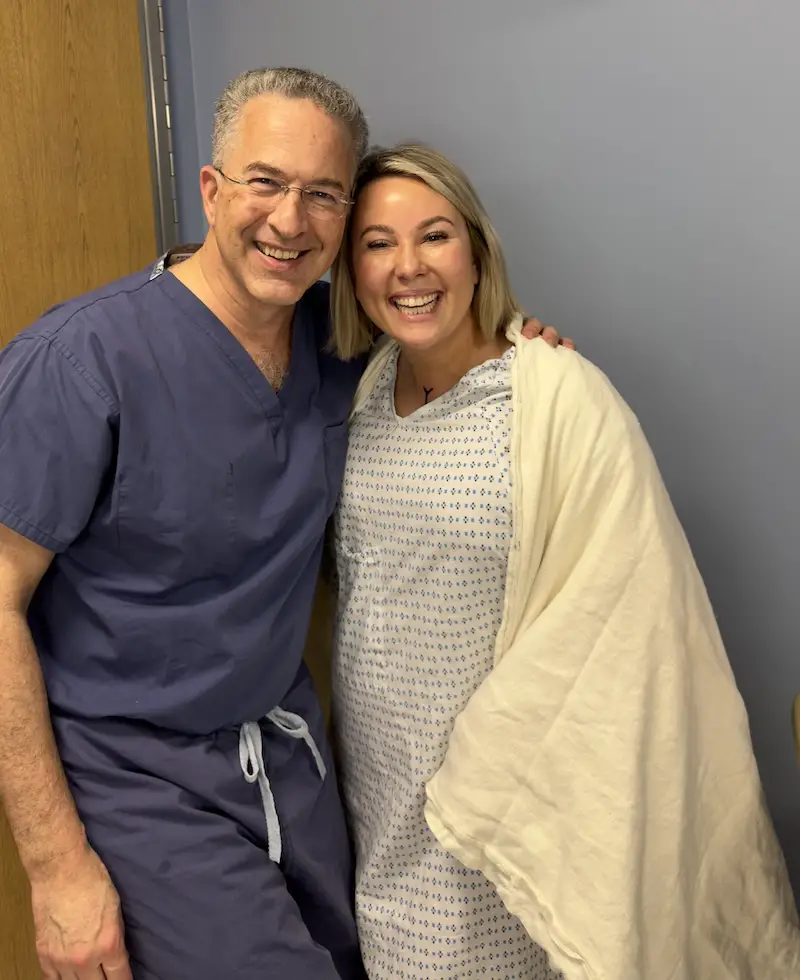
You’ve Got This, One Step at a Time.
Check out my other surgery blog posts if you want a first-hand account of another person’s surgery recovery experience.
This journey is hard—there’s no sugarcoating that—but you are resilient. Remember to celebrate the small victories, embrace rest when you need it, and allow yourself the grace to heal at your own pace. Lean on your loved ones, cherish the moments of progress, and trust that brighter days are ahead. Recovery may test your patience, but every step you take brings you closer to feeling like yourself again. You are not just healing—you are rediscovering your strength, one day at a time. You’ve got this.
